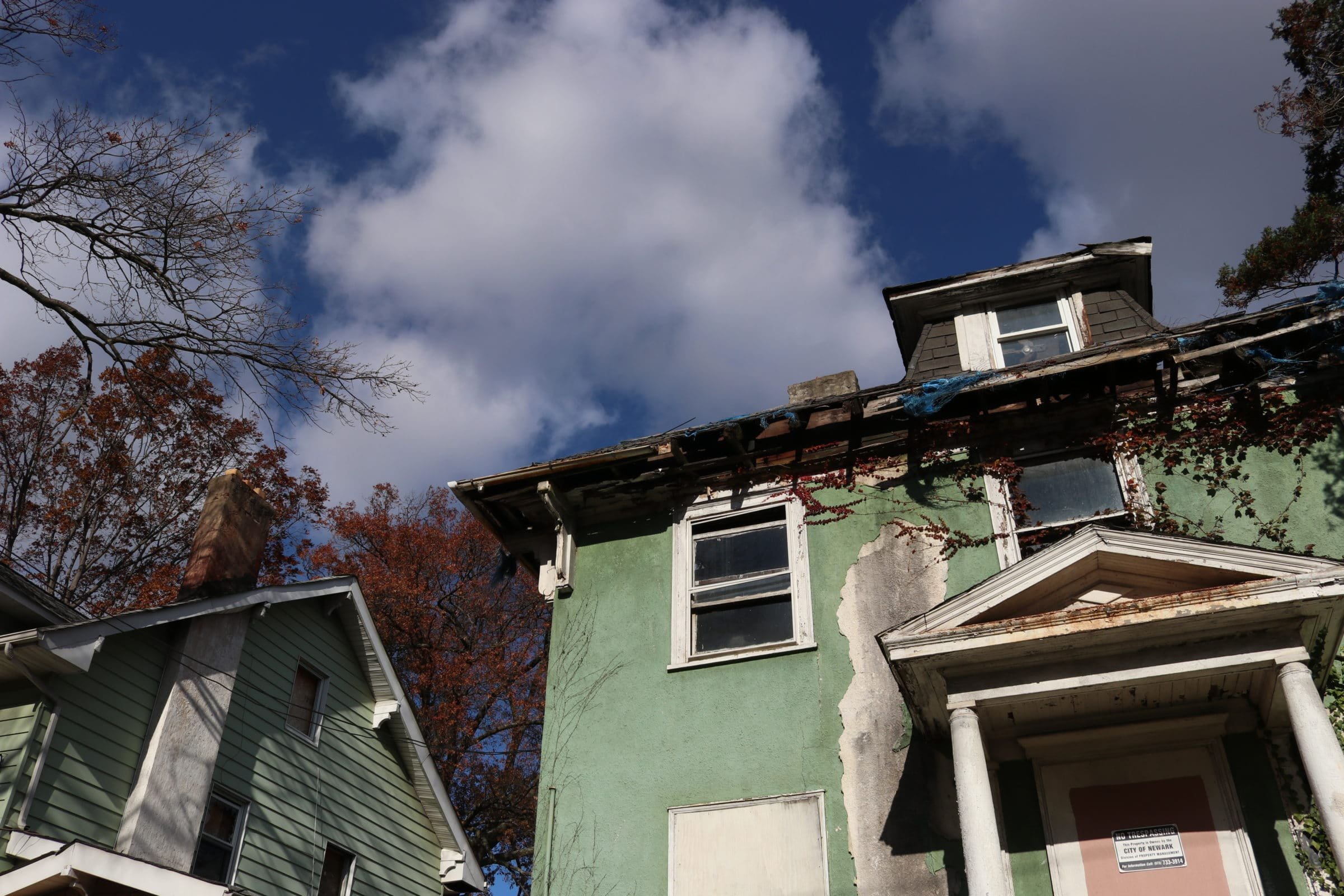As NJ eviction moratorium draws to an end, advocate says state rental aid applications remain ‘surprisingly low’
By April Xu, Sing Tao Daily
This story was produced as part of a six-month COVID-19 reporting fellowship with NJ ethnic and community media organized by the Center for Cooperative Media at Montclair State University. It has been updated and edited from its original version.
NEWARK, NJ — For thousands of New Jersey low-income renters, who missed rental payments during the height of the coronavirus pandemic, the last day to apply for the state’s rental assistance program is today, December 15.
Eligible applicants may apply by completing the self-certification forms on the NJ Department of Community Affairs official website: https://covid19.nj.gov/forms/renterform. The online application will be closed after the deadline is over.
But as the end of the COVID-19 eviction moratorium looms, applications for the state rental aid program are still at a low-level, suggesting fear or hesitancy that dissuades applicants, particularly undocumented immigrants, from receiving housing assistance.
Renee Koubiadis, anti-poverty program director at New Jersey Citizen Action, said that only about 15,000 households in New Jersey have completed the self-certification forms and claimed their rights under the state eviction moratorium laws.
“We are certainly hearing from people that they are hesitant to claim those protections and assert their rights under the law because of various factors, including their immigration status,” Koubiadis said at a press briefing with ethnic media, organized by the Center for Cooperative Media at Montclair State University. “Others are just afraid that claiming these rights is going to come back and haunt them in the future, and may negatively impact them in some way.”
Facing new challenges brought by the Omicron variant of the coronavirus, low-income families in New Jersey — many of them are immigrants and people of color from Essex and Newark— are still behind on rent, missing rental payments since March 1, 2020.
“Currently, there are more than 55,000 eviction proceedings in New Jersey courts, and most of these cases could be stopped, if [impacted] tenants apply for state rental aid,” said Koubiadis. “Aside from state funding, some counties and municipalities also have housing assistance funds for impacted renters.”
She pointed out that $1.2 billion have been allocated by the state rent relief programs. Yet, even though New Jersey has adopted some of the strongest renter protections in the country, state funding for housing-related programs are running out.
Still, the only way renters can be protected from eviction is to apply for rental assistance, and they will be entered into a lottery to distribute the remaining federal grants.
On March 19, 2020, New Jersey Governor Phil Murphy issued Executive Order 106, which suspended evictions throughout the state. No tenant may be removed from his or her home as a result of an eviction proceeding.
Then, on August 4, 2021, Murphy signed PL 2021 c 188 into law, which provides other protections to renter households who experienced economic hardship during the pandemic. The new law states that unpaid rent or debt owed during the pandemic can only be reported to credit reporting and debt collection agencies and strongly limits the sale or transfer of that civil debt.
Under the current eviction moratorium laws in New Jersey, renters who are behind on rent between March 1, 2020 and August 31, 2021, and whose income is below 80% of their county Area Median Income (AMI) cannot be evicted until after December 31, 2021. Renters whose income are between 80-120% of their county AMI, the eviction freeze was lifted on August 31, 2021.
However, If a tenant misses a rent payment after Jan. 1, 2022, the landlord can file for eviction and the tenant could be removed from the home.
“We encourage renters to act immediately,” Koubiadis added. “Contact the partnership organizations, which will help them overcome language barriers or technical issues while filing an application for the housing assistance program.”
For more details, contact New Jersey Citizen Action at [email protected], or call 1-888-654-3893.
——————
Photo caption: A vacant home in deteriorating condition sits in the suburbs of Newark, New Jersey. The home has become property of the city, along with the home right next door. (Photo credit: Julian Rigg.)

